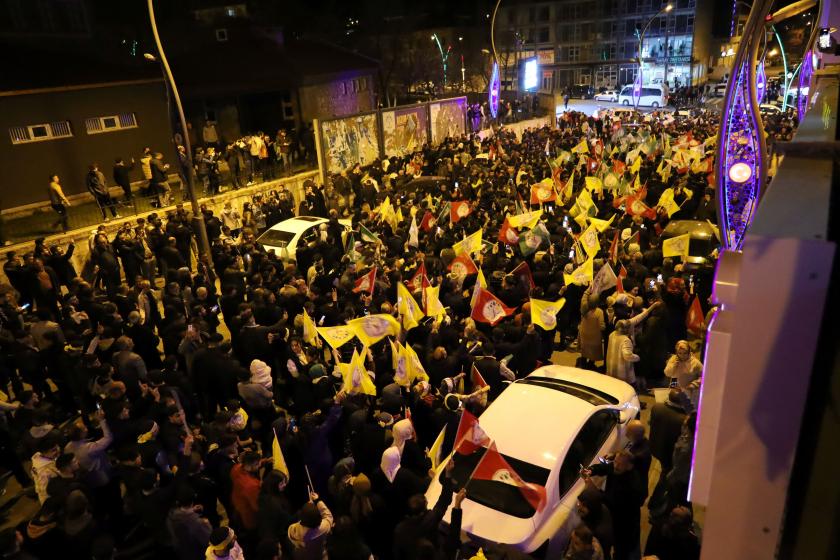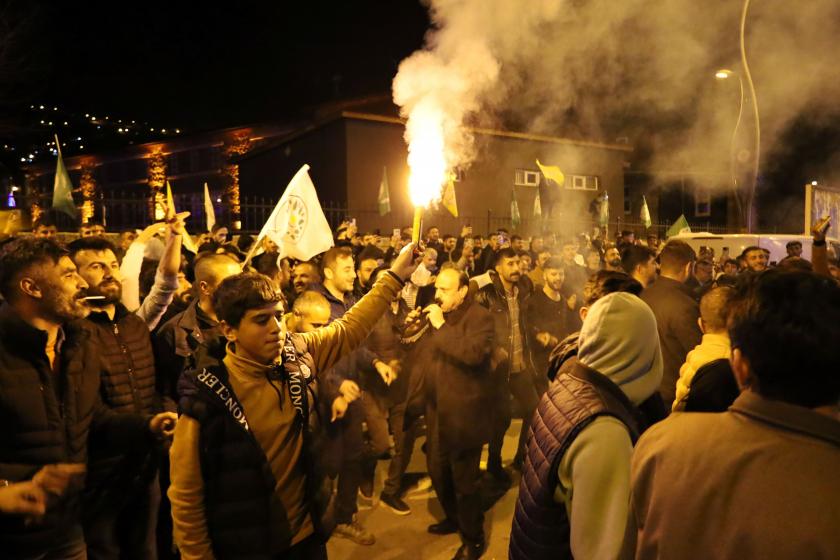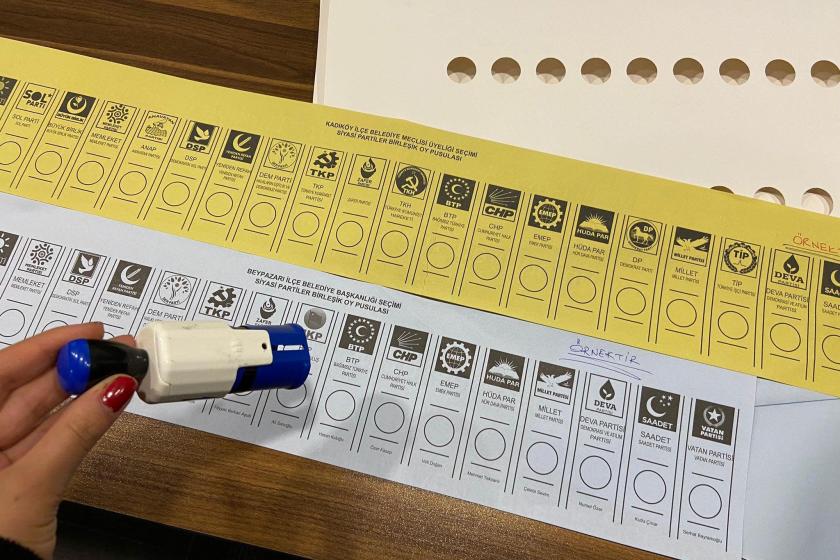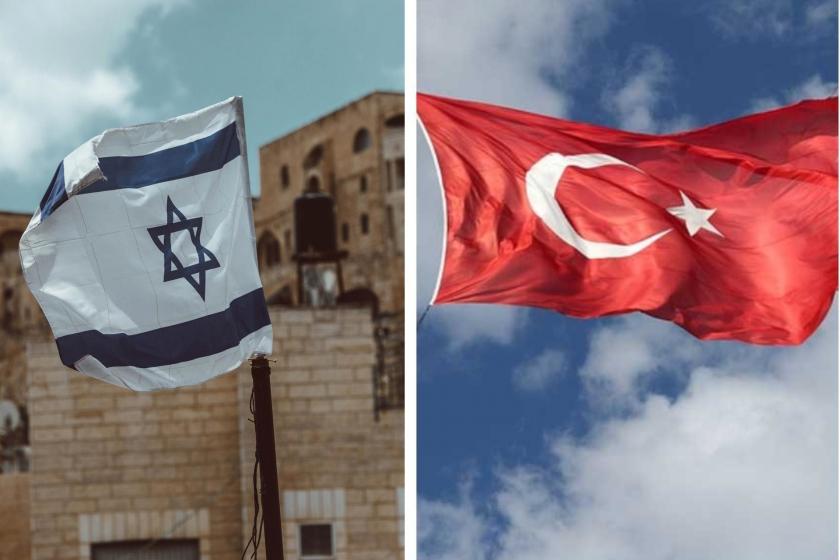Cuba is famous for anti-imperialism. The anti-imperialist attitude of its people determined all international and domestic politics of Cuba.
The reactionary dictatorship of the servant of the US, Batista, following taking the initiative by a handful of revolutionaries and a developing suitable environment - under the nose of American imperialists that had undertaken the role of the boss of the capitalist world for many years - and the country entered the path of independence. It was 1 January 1959. Americans introduced an embargo on Cuba without wasting time.
It is such an embargo that Cuba seemingly remained in 1958, aside from recent images of Soviet aid and investment, with whom Cuba would develop a closer relationship and cooperation. This view is somewhat distorted by snapshots of the relationship developed with China. The Cuban streets are filled with '54 Chevrolets, '56 Bucklers, 52 Dodgers.
Sugarcane was exported to Russia in return for oil and the machinery. The Soviets produced electricity, built hospitals, refineries and built social housing. When it was not enough to pay with sugarcane, Cuba sent soldiers to fight in Angola and Mozambique to spread the revolution according to one rumour but, in fact, to support the Soviet expansion.
The ’62 Missile Crises is well known. The Russians placed land to air missiles with nuclear heads in Cuba; the escalating crisis was ended with an agreement that the US will dismantle warheads in Turkey in return for the dismantling of warheads in Cuba. Meanwhile, two U-2 American spy planes, one that took of from Turkey and the other over Cuba, were shot down.
It is the beginning of the same period; the decision to launch the guerrilla in Bolivia was taken by Che; following his refusal to accept close cooperation with Soviet modern revisionism and resignation from his ministry; and his distaste at trying to direct revolutions in Africa from luxury hotel rooms. The date was 1967.
Meanwhile, in Cuba, a communist party hand-in-hand with the revisionist party that follows the Soviets was established; attempting to nationalise even the corner shops. Putting aside the part-villager agricultural workers, while the working class was developing mostly in Soviet-built factories, a period started where everything belonged to the state. It is a kind of excess that could not be sustained, especially after the collapse of the Soviets. It could not continue despite the anti-imperialism-to-death of the people that closed ranks against the American embargo; the excess succeeded in eroding even anti-imperialism.
No-one was hungry or destitute but neither could poverty be eradicated nor the conditions for an advanced collectivism be achieved. Furthermore, the newly arrived Chinese have been the bearers of individualism, which is both the mental and practical basis for private property. With the contribution of the embargo and the concern that it might be lifted; the block on private property was lifted in 2011. More importantly, foreign investment is permitted; with the condition that the state owns 60% of all joint ventures. Germans, French and Spanish, etc. become partners of the state with investments of 40%. Administration, which they know well, was left to them. Especially the Varadero peninsula, world famous for its sandy beaches reaching out to sea for 25 kilometres, is quickly filled with two thousand hotels. The government directly owns four refineries in partnership with the Russians, the French and the Chinese.
Cabbing, restaurant and bar sectors, all relatively independent of the state developed in parallel with the advancing tourism. A period of “whatever I can grab” started where extra earnings will be pocketed by state-taxi drivers.
Meanwhile, Fidel’s brother Raul continues to be the ‘main violinist’ in the party and in April of this year steps down from the post of Prime Minister and is replaced by a 58-year-old youth. Now, the new head of state says “We are at a period where our people have to stay together” because the Cuban parliament will decide on a constitutional change. Private ownership will be registered following the sale of properties. The incentivised foreign investment will be given a guarantee. The third change is the Prime Minister sharing the authority of the head of the state and that these positions can only be held by the same person for at most two terms.
This is the joyous news shared by the Washington Post!



